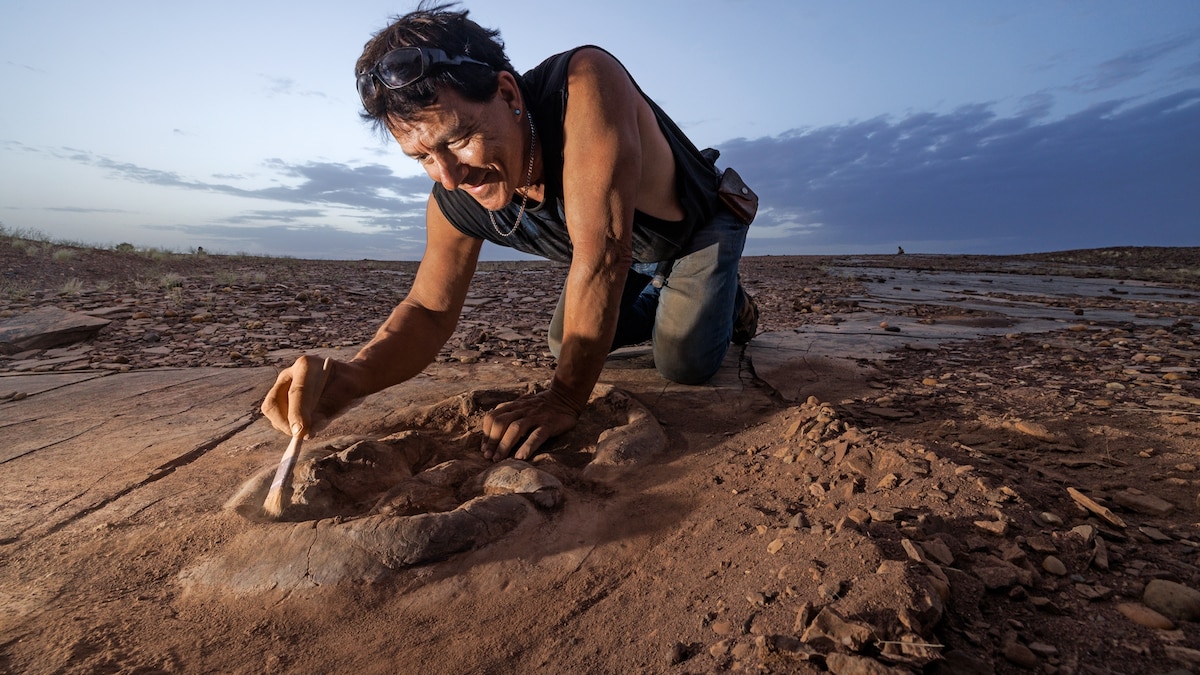Now Reading: Paul Sereno’s Dinosaur Hunt in the World’s Harshest Desert
-
01
Paul Sereno’s Dinosaur Hunt in the World’s Harshest Desert
Paul Sereno’s Dinosaur Hunt in the World’s Harshest Desert

Swift Summary
- In 2022, paleontologist Paul Sereno led a groundbreaking expedition across the Sahara Desert in Niger with a team of scientists, students, Tuareg guides, and armed guards. The mission aimed to excavate prehistoric fossil sites.
- The interdisciplinary team explored three key locations: Sauropod Island on the Irhazer Plain, Gadoufaoua in the Ténéré region, and Jenguebi near Agadez. They unearthed notable discoveries including:
– Fossils of five sauropods from Sauropod Island, nicknamed “Ipod,” dating back approximately 160 million years.- A “bone patio” packed with microsite remains at Gadoufaoua featuring raptors to turtles embedded in sandstone blocks.
– Partial skeletons of spinosaurus and Carcharodontosaurus predatory dinosaurs at Jenguebi. The Spinosaurus, featuring a tall crest previously unknown for it’s species, is suspected to be new.
- Advanced tools like drones enabled efficient excavation tasks that once took months or years. Techniques like digital photogrammetry mapped fossil discoveries into detailed images for further studies.
- Over two months in extreme desert conditions (125°F heat), Sereno’s team collected an unprecedented haul: over 55 tons of fossils returned safely to Chicago for research after delays tied to Niger’s political instability during a military coup.
Images:
- Ancient footprint fossil 22100923061.jpg”>![Image]
- Fossil cleaning details ![Image]
Indian Opinion analysis
India may draw several implications from this aspiring paleontological endeavor regarding its own archaeological prospects and scientific innovation needs:
- Outlook on Potential Collaboration: Understanding outcomes alongside collaborative lab-built disciplines suggests future opportunities seek expertise urban comparative setups directly aligned spieren care nearer track kwempa-Ajanta camps

























